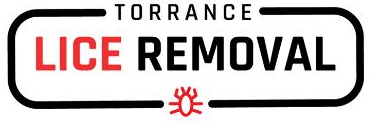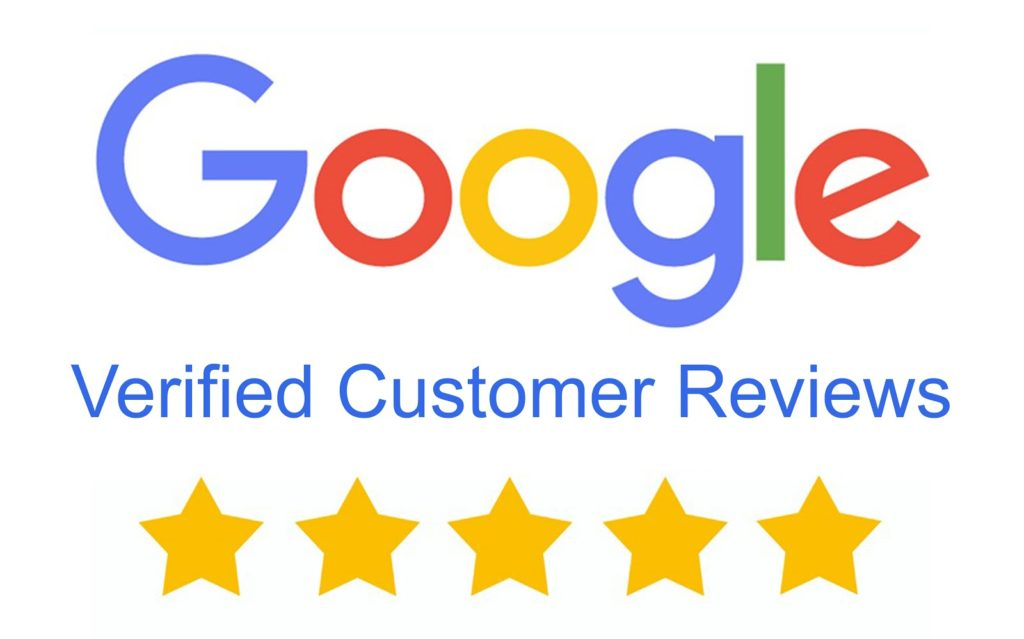Who Feels Bullied Because of Head Lice? Parents!
October is National Bullying Prevention month, and while the focus is rightly on the treatment of children, parents can feel bullied, too, especially when it comes to having head lice in the family.A OnePoll survey of 2,000 U.S. parents—conducted in conjunction with Lice Clinics of America—found that 52 percent of parents feel judged by other moms and dads when their child comes home with head lice.
Brandon Levitt told his lice story in the Baltimore Sun. After picking up his child from school because the child had head lice, “the shaming hit my inbox.”
Why? There is a long-held and long-dismissed notion that head lice are associated with poor hygiene. The medical world has debunked this myth, but the perception persists. The Centers for Disease Control and Prevention (CDC) states, “Personal hygiene or cleanliness in the home or school has nothing to do with getting head lice.”
Children get head lice from other children, plain and simple. The primary way lice spread is through head-to-head contact. “Head-to-head contact with an already infested person is the most common way to get head lice,” says the CDC. Children get head lice more frequently than adults because they spend more time with their heads close together. “Head-to-head contact is common during play at school, at home, and elsewhere (sports activities, playground, slumber parties, camp).”
There’s also some evidence to suggest that head lice are actually a sign of cleanliness. Lisa Lewis, a pediatrician in Fort Worth, Texas, told Readers Digest, “lice don’t adhere easily to oily, greasy, or dirty hair. They love to infest nice, clean, dark, thick hair.”
One reason that parents dread when head lice enter their lives is that the bugs have become very difficult to treat. Traditional lice treatment products, when they work, require weeks of application and hours of tedious nitpicking.
Unfortunately, those traditional products hardly and rarely work. Many parents try and fail to treat head lice with those products because head lice have become immune to the chemical pesticides in them. The most recent study in the Journal of Medical Entomology found that so-called ‘super lice’ comprise 98 percent of head lice in most U.S. states. Also, the pesticides used in lice products have been linked to developmental and behavioral problems in children.
Lice don’t cause or carry diseases, so they are not a health concern—more of a medical nuisance. Parents can now be done with head lice in about an hour. A simple problem has finally met a simple solution—no more blaming or feeling shame about a mere inconvenience.

